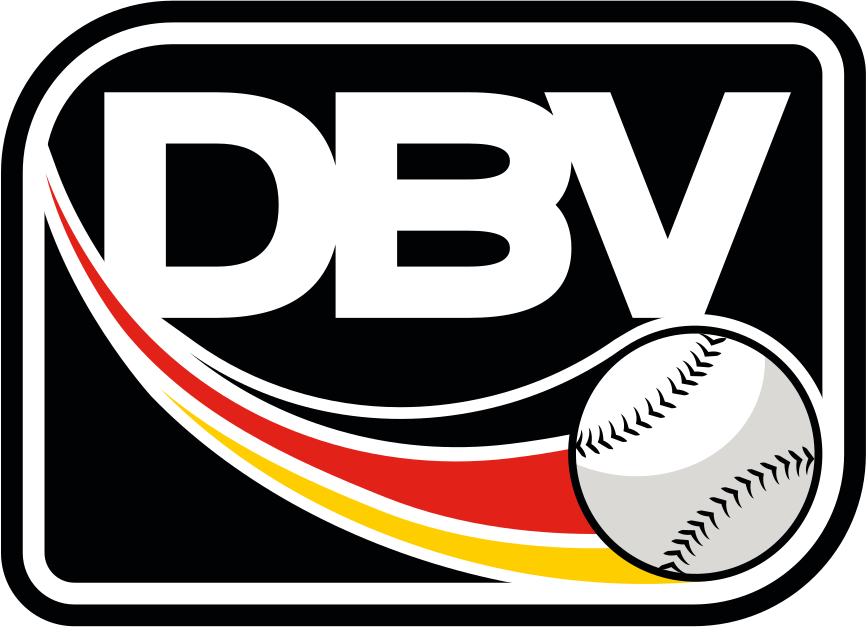Does the relative age effect influence short-term performance and sport career in team sports? A qualitative systematic review
(Beeinflusst der relative Alterseffekt die kurzfristige Leistung und die sportliche Laufbahn in Mannschaftssportarten? Ein qualitativer systematischer Überblick)
Background: The impact on athletes based on grouping methods according to the date of birth within the constituent year, known as the relative effect of age (RAE), is a factor that can influence the achievement of sports success. Many studies have examined the magnitude of this phenomenon in sport; however, the relationship between the RAE and performance in team sports competition has not been accurately evaluated so far. The purpose of this study was to conduct a systematic review on the influence of the RAE on competition performance in team sports through analysis of published peer-reviewed articles from 2000 to 2019.
Methods: According to Preferred Reporting Items for Systematic Reviews and Meta-Analysis systematic search guidelines, 19 studies were identified of the 2,093 that were found in the systematic searching process carried out in four databases: Sport Discus, PubMed, Web of Knowledge, and Scopus. The sample of the study was composed by 77,329 players, of which 92.08% were male and 7.92% were female, whereas the recorded performance measurements were 87,556. The relation between relative age effects and competition performance was registered according to constraints-based theoretical model: individual constraints (sample characteristics) and task constraints (sport context). Moreover, study quality analysis, Strengthening the Reporting of Observational Studies in Epidemiology, was carried out.
Results: The short-term individual (10.20%) and collective (18.09%) performance was influenced by the RAE, whereas the long-term individual performance (49.71%) was affected by the RAE reverse. However, in 16.99% of the measurements, no relationship was found between the RAE and competition performance. In the analysis by subcategory, the influence of the RAE was higher in men, in adulthood (senior category), in invasion games, and in national contexts.
Discussion: The findings clearly demonstrated that the RAE has a great influence on the performance in team sport. Possible implications for policy and practice should be discussed in order to prevent unequal practice based on biased models that prioritize the athlete's current performance and therefore obviate their maturational development. The heterogeneity and variability of the identified results require a relativization of the findings of this study.
© Copyright 2020 Frontiers in Psychology. Alle Rechte vorbehalten.
| Schlagworte: | Alter Talent Kind Jugend Nachwuchsleistungssport langfristiger Leistungsaufbau männlich weiblich Sportart Spielsportart Sportler Mannschaft Leistung Handball Volleyball Eishockey Fußball Rugby Basketball Hockey Relativer Alterseffekt |
|---|---|
| Notationen: | Biowissenschaften und Sportmedizin Nachwuchssport Spielsportarten |
| DOI: | 10.3389/fpsyg.2020.01947 |
| Veröffentlicht in: | Frontiers in Psychology |
| Veröffentlicht: |
2020
|
| Heft: | 11 |
| Seiten: | 1947 |
| Dokumentenarten: | Artikel Literaturanalyse |
| Sprache: | Englisch |
| Level: | hoch |
